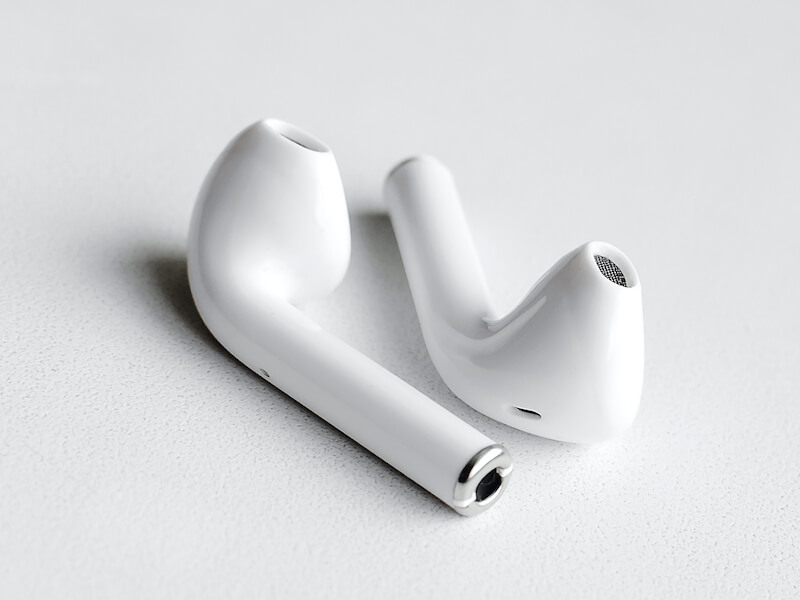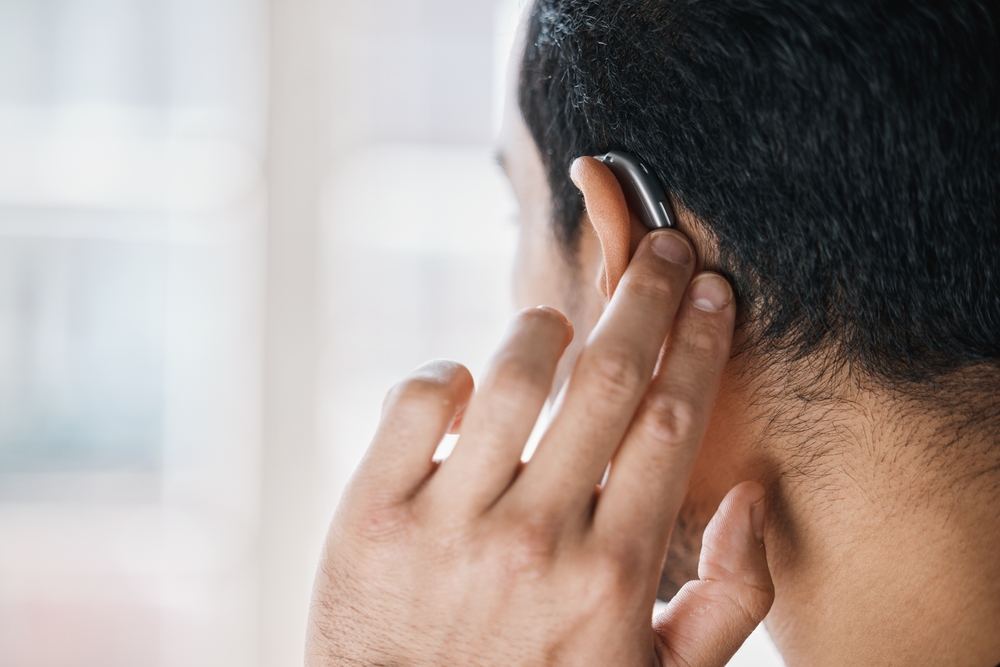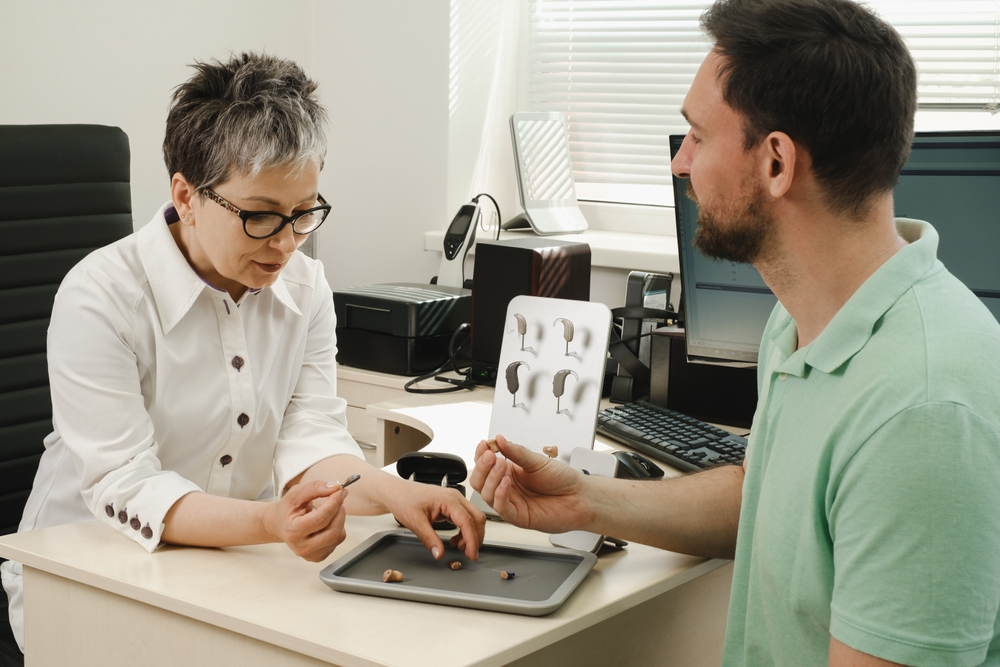You’ve seen them–those small pieces of hardware that nestle snugly into the ears to provide the perfect audio fit. With a myriad of styles, earbuds have become a fan favorite for the entire family and for listeners who groove on the compact, lightweight, and wireless convenience of sound.
Compared to their more retro, bulky and outward relative, the headphone earbuds are a trendy and versatile inner-ear accessory that can enhance any workout, commute, or moment of music appreciation. But beware of the irony…as your heart rate dances to the beat, you could be damaging your drums.
It is true that earbuds won’t mess up your hair [like headphones], but they could very well destroy your hearing if not used responsibly. According to the World Health Organization, noise at high decibels is not just deafening; it can lead to irreversible impairment. They note that “recreational exposure to loud sounds such as that from use of personal audio devices at high volumes and for prolonged periods of time” can lead to hearing loss at any age.
Headphones that cover your ears can be harmful, but not as much as earbuds that sit in the ear canal, which can increase a sound’s volume by 6 to 9 decibels. What’s more, there is no buffer for external noise, which most earbuds do not filter, encouraging wearers to crank up the volume and hazardously overcompensate.
To understand why earbuds are bad for your hearing, it is helpful to understand the anatomy of the ear, which is made up of three parts that are used to process sound (the outer, middle, and inner ear). The cochlea, part of the inner ear, contains tiny hair cells that help to send sound messages to the brain and, when damaged, do not grow back.
NIHL is the acronym for noise-induced hearing loss and the condition that can result from continuous exposure to loud sounds over an extended period of time, such as noise generated from earbuds and a device.
Sound is measured in units called decibels, and generally speaking, the safe zone is anything below the number 75. To put this into audio context, your fridge is usually humming around 45 decibels, and we “oooh” and “ahh” to fireworks at 150. Damage from noise exposure can be gradual if you are tuned in – or you may notice that over time sounds might appear muffled or distorted. Some experience a buzzing, roaring, or ringing in the ears that is known as tinnitus. Sometimes tinnitus will subside.
Unlike earbuds that can be replaced, your sense of hearing may be gone for good.
Therefore, specialists highly recommend that you diminish the decibels and limit your daily usage of things like earbuds. Guidelines for moderation include the 60 percent/60-minute rule meaning listening for no more than an hour at no more than sixty percent of the maximum volume. Parents, your children’s ears are more susceptible, so be sure and seek out earbud designs that have a maximum decibel range of no higher than 80. One last tip: If you can hear my music, it is too loud.



